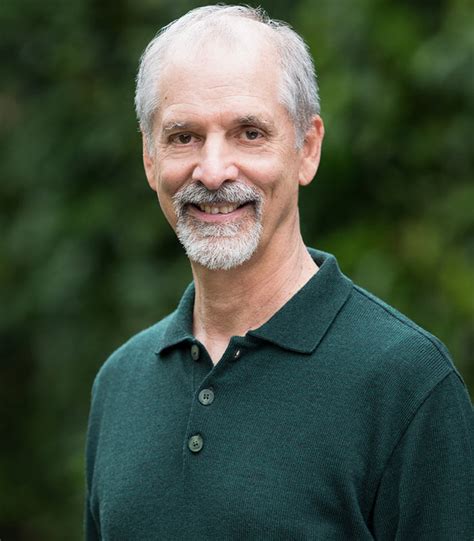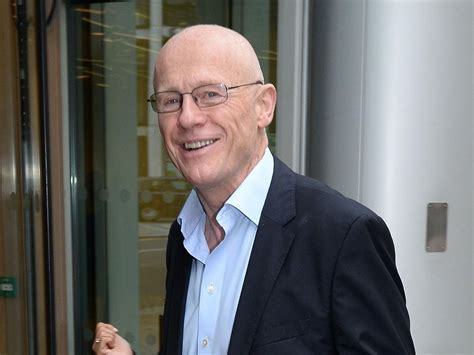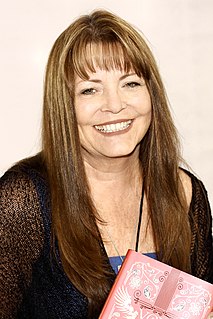A Quote by Jonathan Haidt
The world doesn't usually affect us directly. It's what we do with it. It's the filters that we put on it. That's the foundation of certainly most pop-psychology, and of a lot of psychotherapy, cognitive therapy. So that, I think, is the greatest truth.
Related Quotes
It may well be, of course, that America's pop culture is on balance better than our high art. I don't think so, but you can certainly make a case that the best of it aspires to a degree of aesthetic and emotional seriousness that is directly comparable to all but the very greatest works of high art.
The cognitive therapy that takes place in the film Antichrist is a form of therapy that I have used for some time, and it has to do with confronting your fears. I would say that especially the part of the film that has to do with therapy is humoristic because people who know about this form of therapy would know that the character is more than a fool.
In studying language we can discover many basic properties of this cognitive structure, its organization, and also the genetic predispositions that provide the foundation for its development. So in this respect, linguistics, first of all, tries to characterize a major feature of human cognitive organization. And second, I think it may provide a suggestive model for the study of other cognitive systems. And the collection of these systems is one aspect of human nature.





































